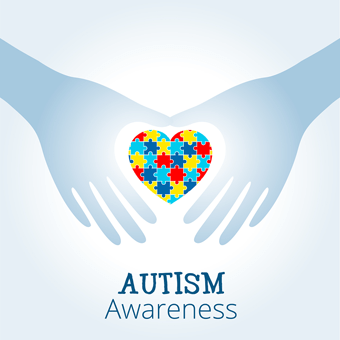By Linda T. Cammuso:
 Through the years laws have been enacted to help the special needs community. The American with Disabilities Act (ADA) first became law in 1990, with subsequent amendments, and its purpose was to ensure that people with disabilities have the same rights and opportunities as everyone else. The ADA prohibits discrimination on the basis of disability in employment, state and local government, public accommodations, commercial facilities, transportation and telecommunications. Laws that followed with respect to the disabled include the Individuals with Disabilities Education Act (IDEA), the Fair Housing Act, the Voter Registration Act (NVRA), and the Architectural Barriers Act.
Through the years laws have been enacted to help the special needs community. The American with Disabilities Act (ADA) first became law in 1990, with subsequent amendments, and its purpose was to ensure that people with disabilities have the same rights and opportunities as everyone else. The ADA prohibits discrimination on the basis of disability in employment, state and local government, public accommodations, commercial facilities, transportation and telecommunications. Laws that followed with respect to the disabled include the Individuals with Disabilities Education Act (IDEA), the Fair Housing Act, the Voter Registration Act (NVRA), and the Architectural Barriers Act.
Importantly, and more recently, several additional laws have been enacted that make benefits more accessible to special needs individuals. The laws also make the estate planning environment more hospitable for their families. The Achieving a Better Life Experience Act (ABLE Act) allows an eligible individual with special needs to have a tax-free savings account without jeopardizing his or her means-tested programs including Medicaid and SSI eligibility.
On December 13, 2016, President Obama signed the 21st Century Cures Act. Section 5007 of the Act, titled “Fairness in Medicaid Supplemental Needs Trusts, effectively ended more than two decades of unfair treatment to individuals with disabilities by now allowing those with capacity to create their own self-settled special needs trust (SNT), without having to go to court or rely on a parent, grandparent or guardian. (Special Needs Trust Fairness Act).
While government benefits provide a safety net for special needs individuals, parents, grandparents, and guardians/conservators of persons with autism or other special needs strive to provide their loved one with a higher quality of life. The way to achieve that is to work with an estate planning attorney who specializes in special needs planning to develop a special needs trust that coordinates the entire legal, financial and unique care concerns of your loved one – now and into the future.
